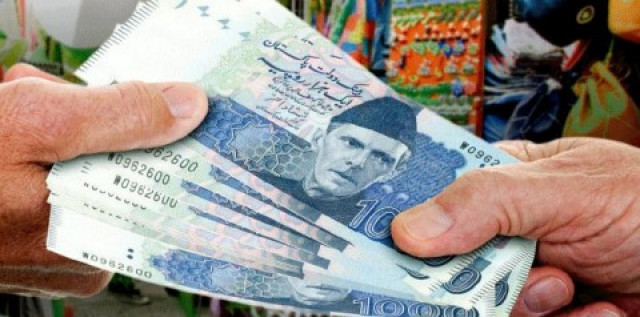Around 165,000 Pakistani students study abroad, but very few pay taxes in Pakistan, the NAB chief noted.
ISLAMABAD:
National Accountability Bureau (NAB) Chairman Lt Gen (retd) Nazir Ahmad Butt said the top accountability watchdog would approach Parliament asking it to reduce the current threshold of Rs 500 million required for taking action in corruption cases.
“NAB will ask Parliament to lower this threshold as many have started planning corruption below Rs500 million to evade prosecution,” the NAB chief said on Tuesday in his first press briefing since taking over as head of the organization in March 2023.
After the ouster of the PTI-led federal government in April 2022, the PML-N-led coalition government amended the National Accountability Ordinance (NAO) 1999, limiting the NAB’s jurisdiction to cases of alleged corruption exceeding Rs 500 million.
During the briefing, the NAB Chairman presented an assessment of the office’s performance, saying no other institution in the country had made such high recoveries as the NAB.
He said that since its inception in 1999 until March 2023, NAB had recovered $3.15 billion. However, during its two-and-a-half-year tenure, NAB recovered a whopping $29.99 billion. These recoveries include cash recoveries of 1,124 billion rupees (around $4 billion), while the rest was recovered as assets.
“Over the last 26 years, the government has provided Rs62 billion to NAB, while the bureau has recovered Rs9 trillion, making its performance unmatched by any anti-graft agency in the world,” he claimed.
He lamented that those who loot Pakistan’s wealth invest their money in the United States, Europe, Canada and other countries, where no one questions them.
Around 165,000 Pakistani students study abroad, but very few of them pay taxes in Pakistan, he noted.
“These countries have become havens for laundered money,” he said, adding that even when NAB requests data, it sometimes takes up to seven years to receive a response, and the information is often withheld under the pretext of protecting “politically exposed persons.”




